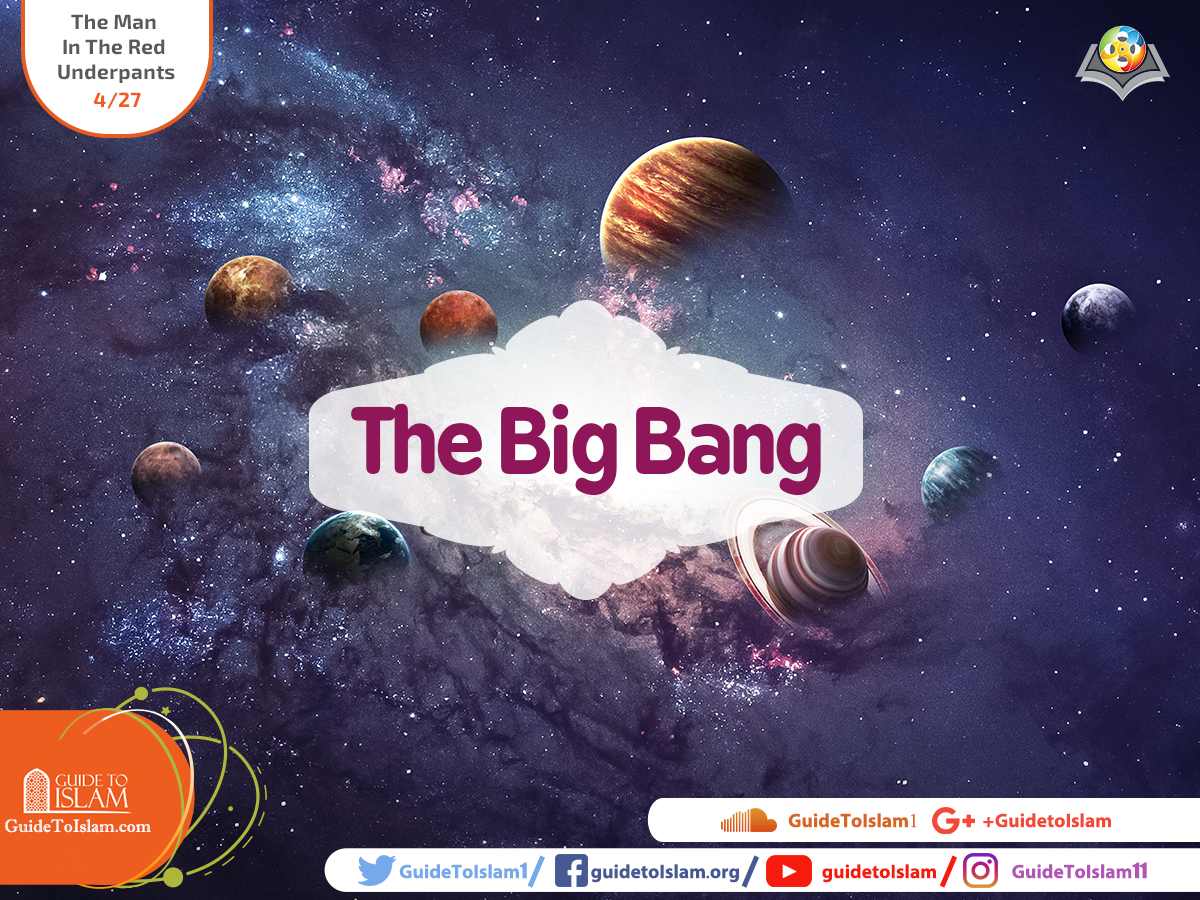The Big Bang

When we look at the Big Bang theory that explains the origins of the universe, one might fairly ask “since when do explosions form intricate and balanced systems and complex life forms?” Yet, that is what some people propose happened with the universe and the Big Bang! One might respond that this is a very simplistic approach but it just so happens that science too is suggesting that the laws that govern the universe are so fine tuned that life could not exist without this degree of fine tuning.
Consider the strength of gravity. After the Big Bang billions of years ago, the matter in the universe was randomly distributed. There were no planets, galaxies or stars, just atoms floating around in the dark void of space. As the universe began to expand, gravity pulled ever so gently on the atoms, gathering them into clumps that eventually became stars and galaxies. What is important is that the force of gravity had to be just right. If gravity was a bit weaker, the atoms would have been so widely distributed that they would never have been gathered into galaxies, stars and planets. If the force of gravity was a bit stronger, the atoms would have been pulled together into one single mass and then the Big Bang would have simply become the Big Crunch. The strength of gravity has to be just right for stars to form. So what is ‘just right’?
And that’s not all! Let’s take a closer look at the universe’s rate of expansion after the Big Bang. If the rate of expansion was greater and the early universe expanded faster, the matter in the universe would have become so diffused that gravity could never have gathered it into stars and galaxies. If the rate of expansion was slower, gravity would have overwhelmed the expansion and pulled all the matter back into a black hole. If the rate of expansion, one second after the Big Bang had been slower by even one part in a hundred thousand million, the universe would have re-collapsed before it ever reached its present size! In fact, the expansion rate was just right, so that stars could exist in the universe.
Remember our mobile phone in the desert? Isn’t it much more reasonable to conclude that the universe and life are a result of wilful intelligent design? After all, what are the options?
Could it really have just come from nothing? And if that is the case, then why not apply that to everything else in life? Perhaps the man in the red underpants just spontaneously appeared!
Could it have created itself? Well we just don’t attribute to the collection of stars and galaxies that we call the universe the ability to design and systemise. Surely that needs intelligence and will? So if common sense and reason point so conclusively towards the existence of intelligent and wilful design, what other conclusions can we come to through the use of reason? Well, one conclusion one might certainly reach is that the nature of the source of this intelligence and will must be different in nature from the universe it created.
This is why it makes so much sense to believe in One Unique Eternal and Self-Sufficient Creator.
Common sense and reason lead easily or perhaps even inevitably, to the conclusion that the universe has been created by a transcendent being, unlike in essence to anything that we know.

